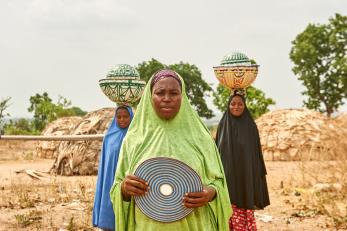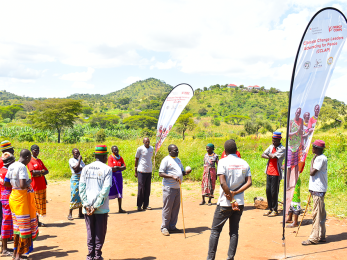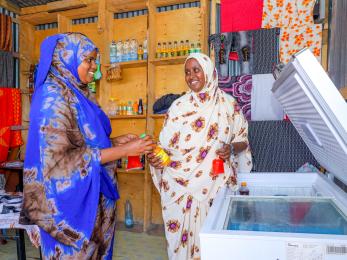“No Tribe in Crime”

Download the research and policy brief ▸
Download the full report ▸
Nigerian author Chimamanda Ngozi Adichie warns of the danger of a single story. If we hear only a single story about another person or people, we risk a critical misunderstanding. The herder-farmer violent conflict in the Middle Belt is often presented as a problem of the cultural and economic lifestyle of a certain group. This inaccurate representation of the dynamics of the conflict has often exacerbated the conflict. This study was commissioned to try and change this by getting a deeper understanding of the dynamics among pastoralist groups and between pastoralists and farmers in areas that have experienced significant levels of violent conflict.
This ethnographic study provides detailed accounts of internal socio-cultural dynamics within and between the main pastoral groups and farmers in areas that have experienced significant violence in five states of Nigeria’s North East, North West and the Middle Belt. It examines how these dynamics affect and are affected by conflict and presents the groupings with which pastoralists self-identify, the key challenges they face and how they have adapted to these new realities. A closer look at intra-pastoralist relations, how different groups interact and the contours of conflict dynamics between them presents an interesting picture of an evolving culture responding to disparate survival needs that threaten its very existence. Relations between farmers and pastoralists, and the dynamics of conflict reveals limitations in policy responses that have had unintended consequences.

